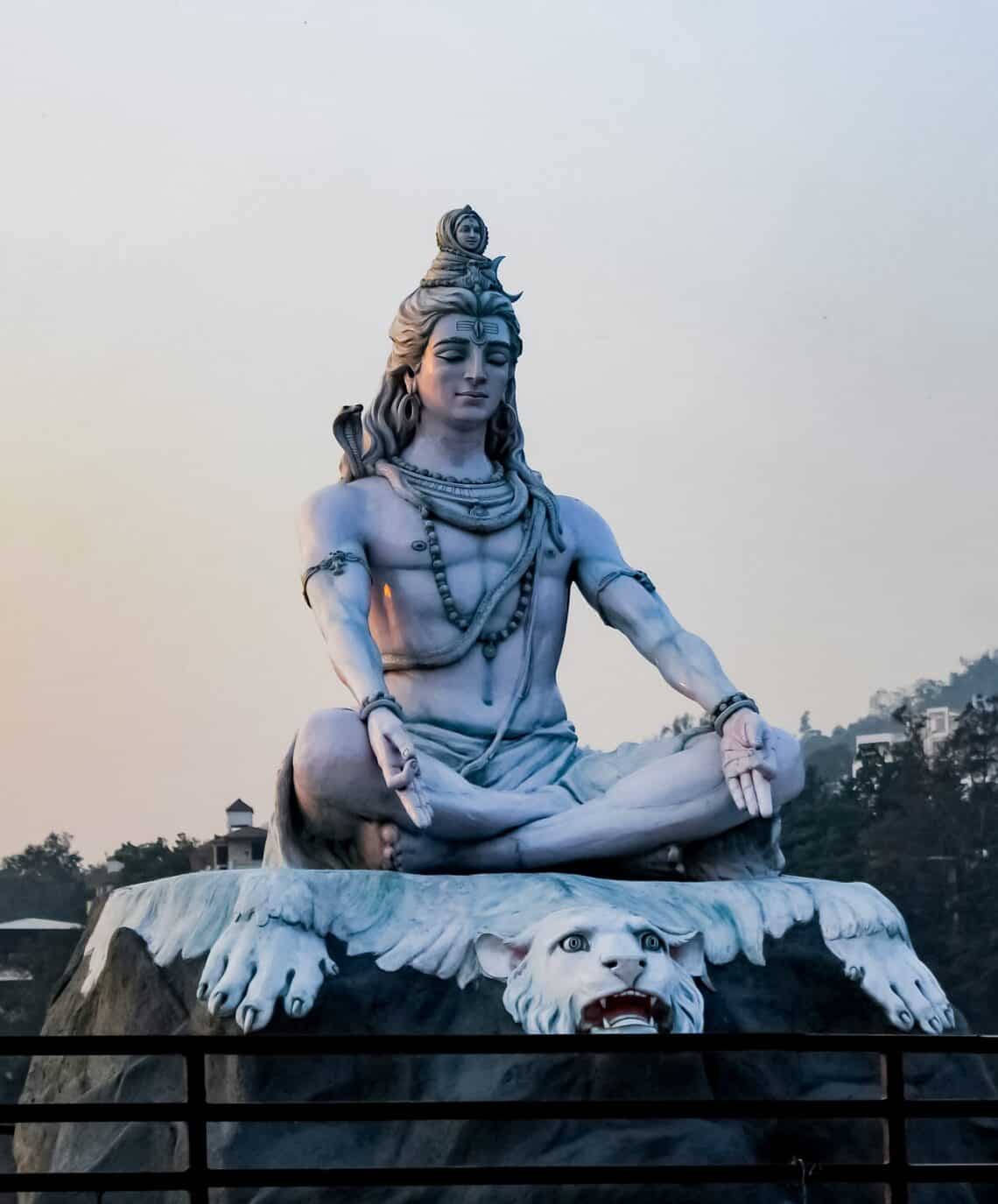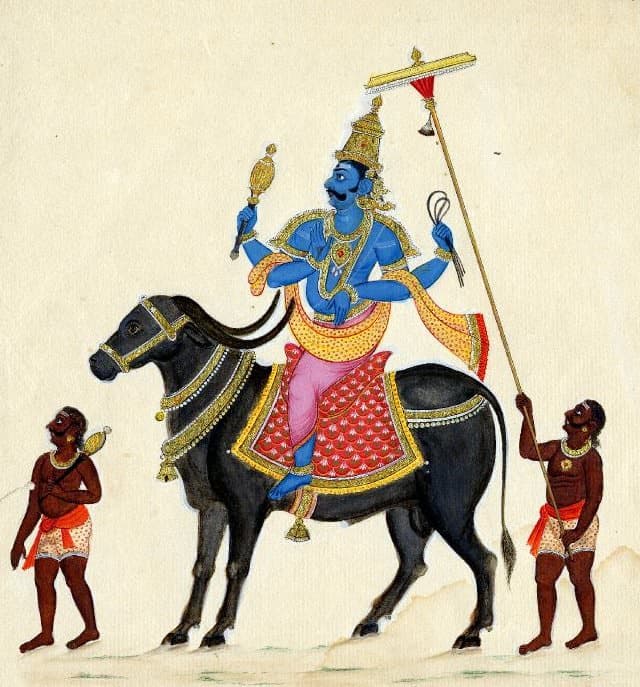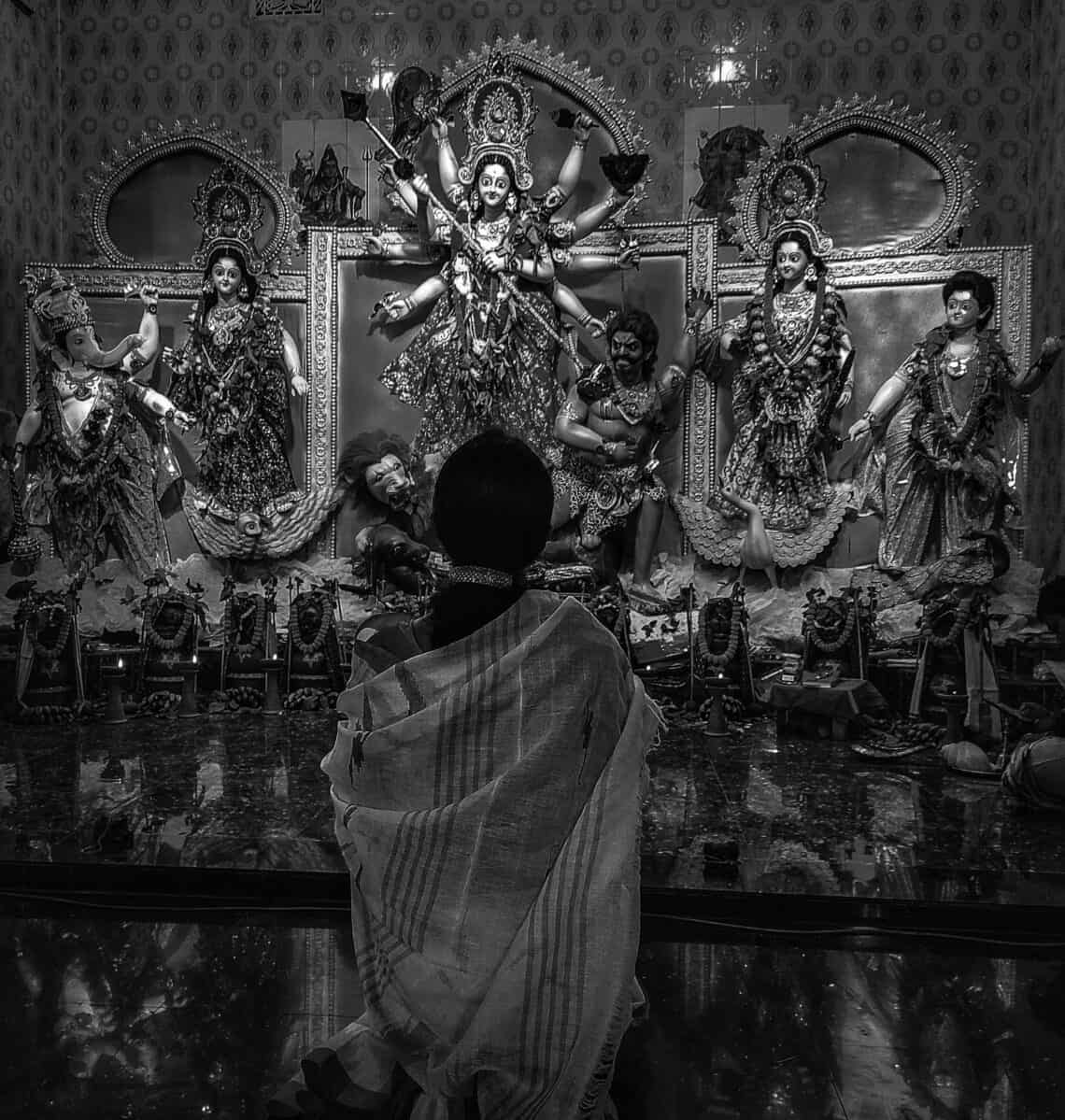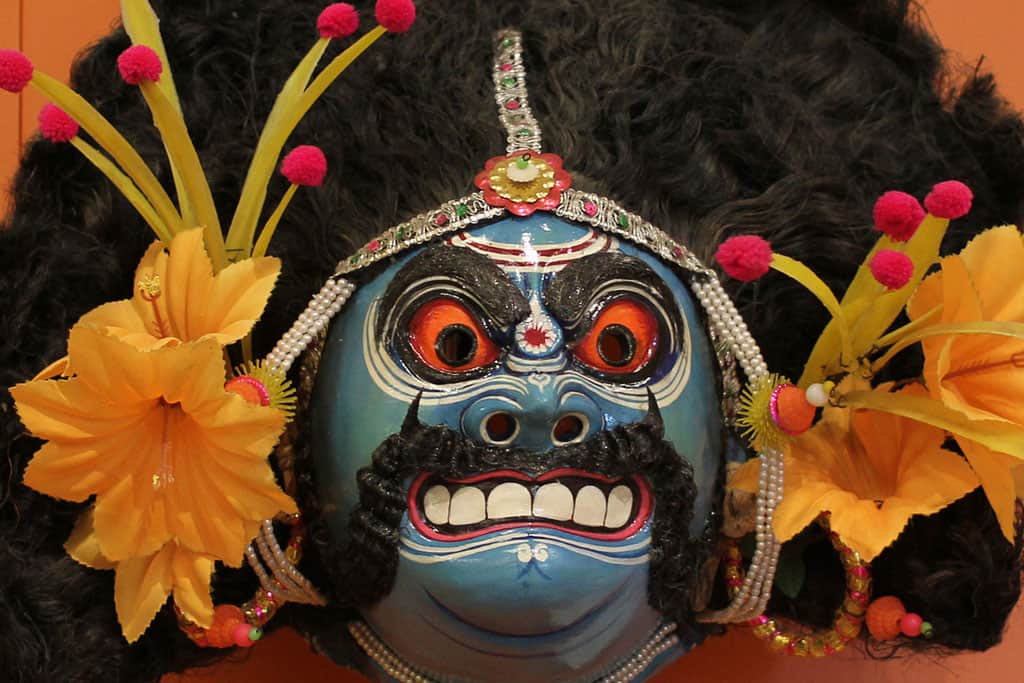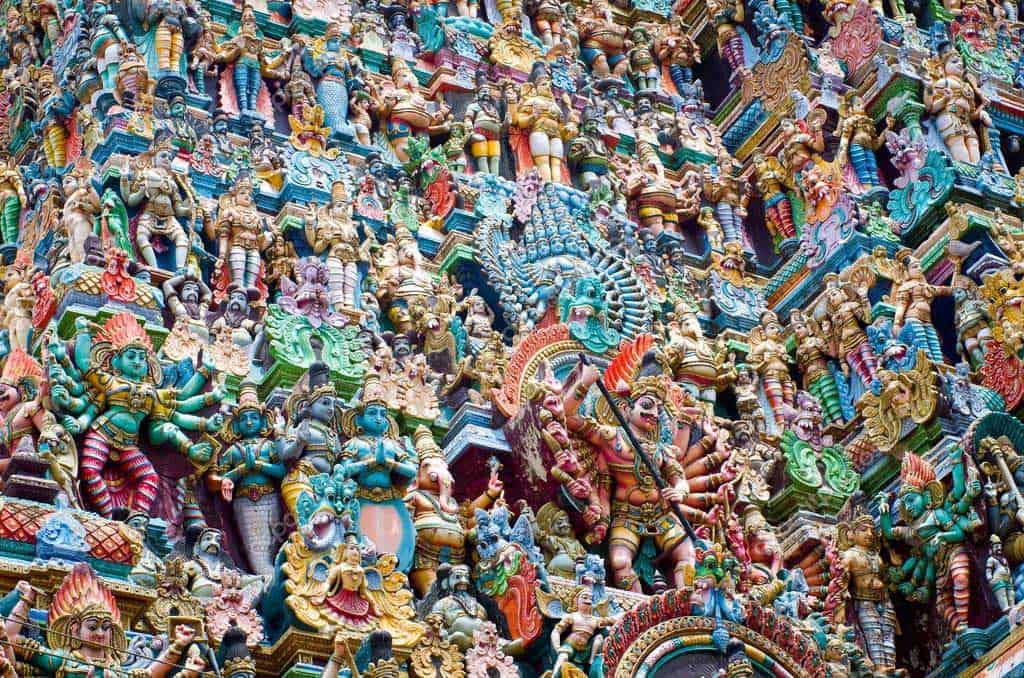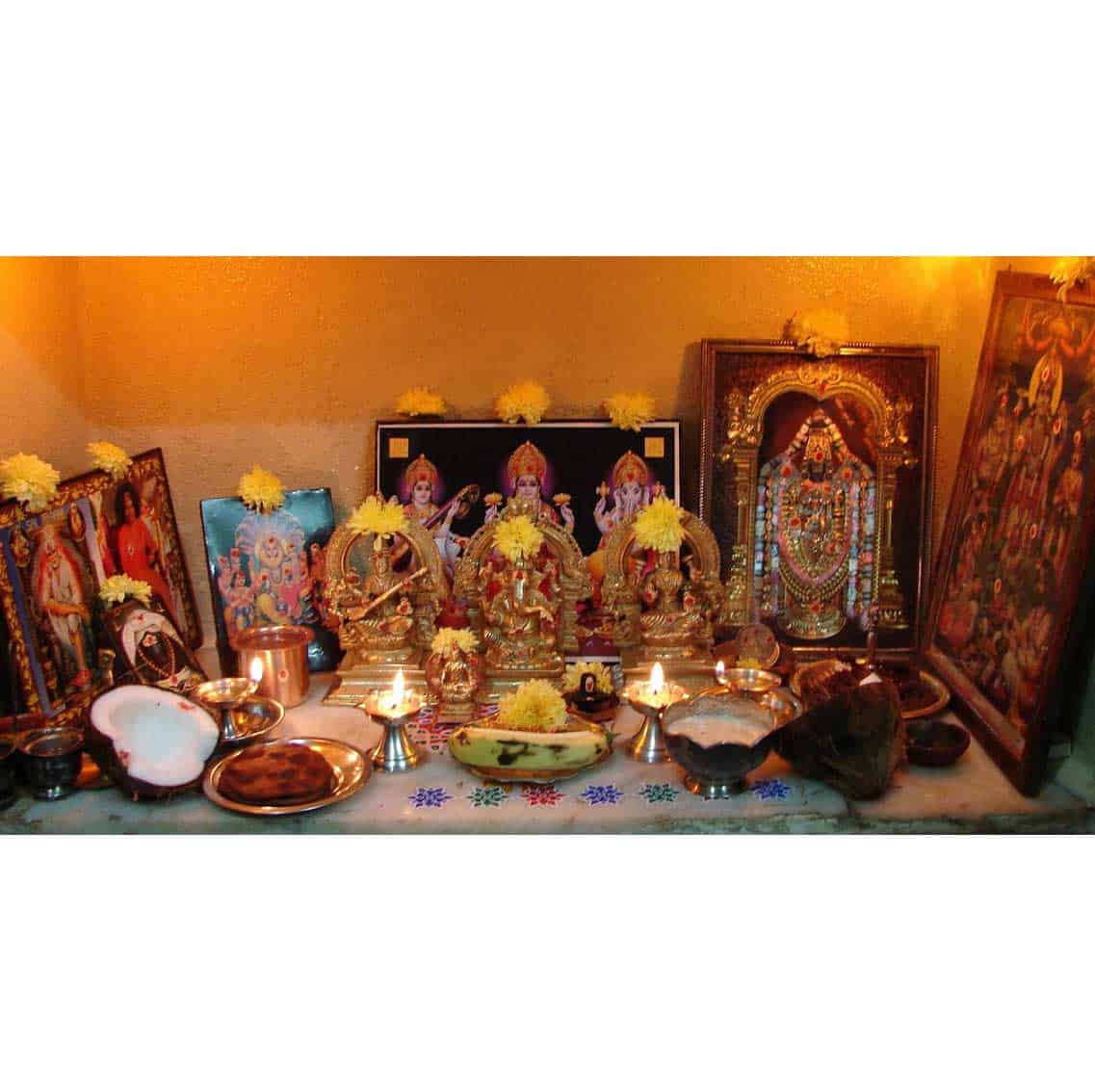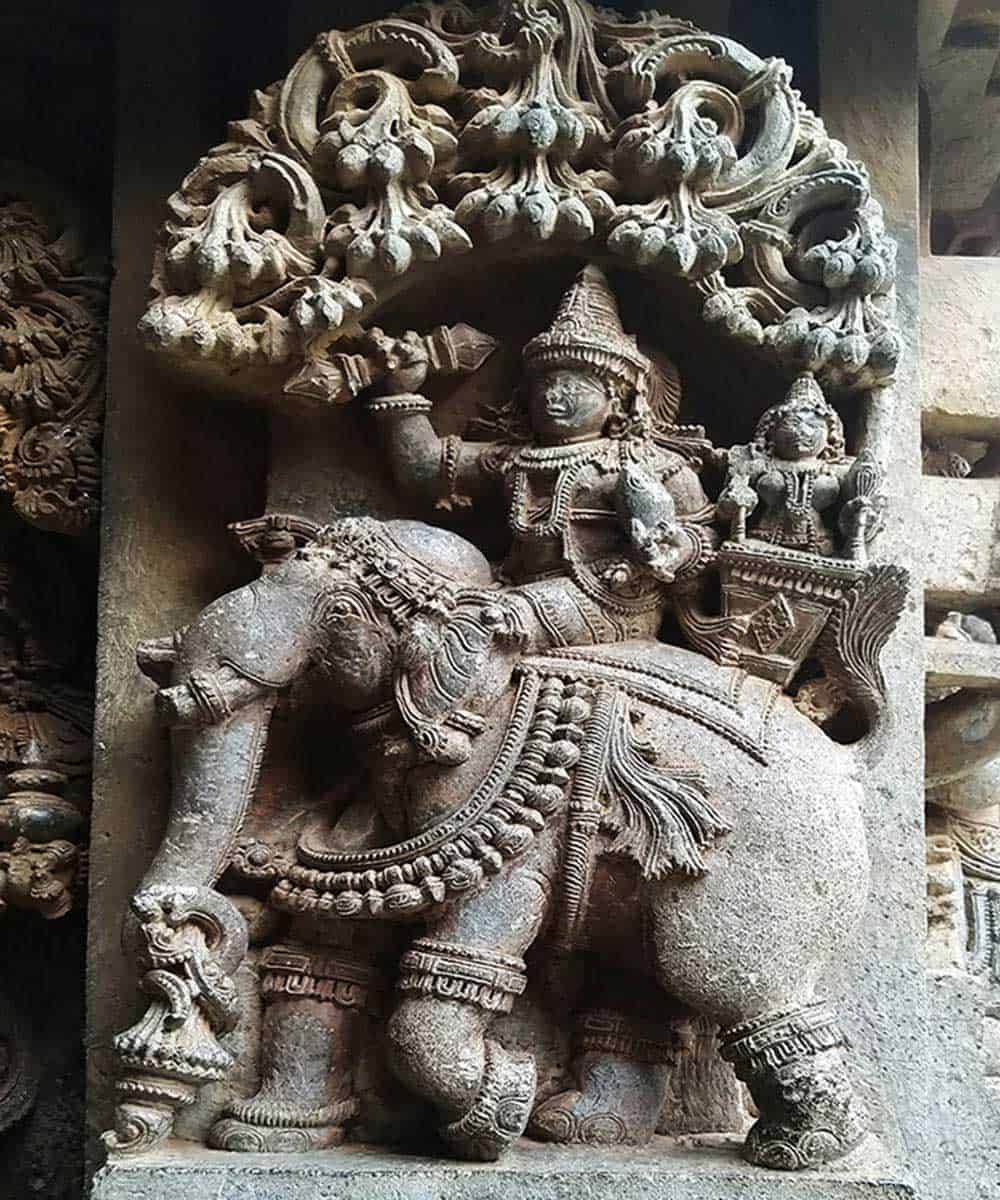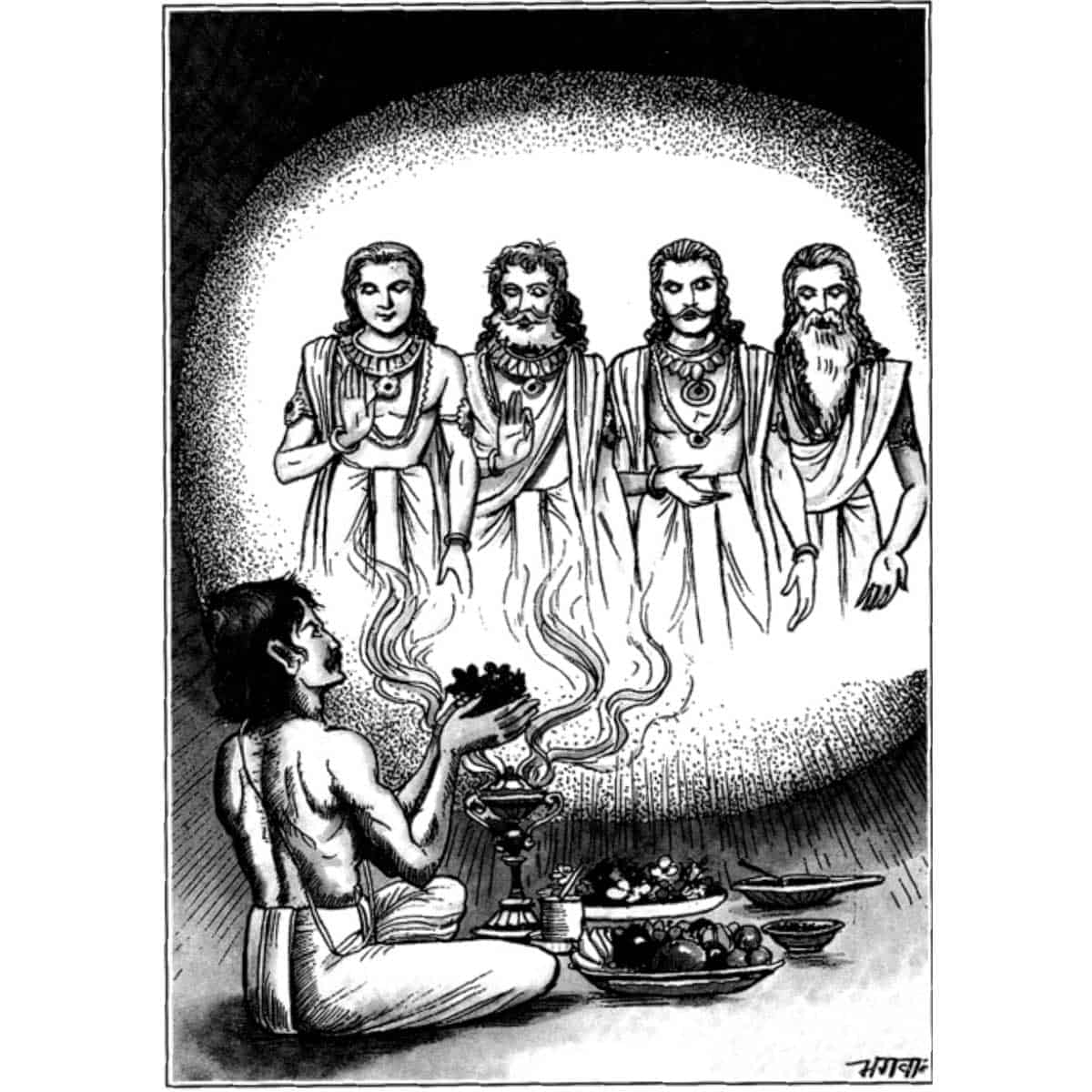
True Devotion – Part 2
People, often in the name of worship or Devotion, indulge in acts of bartering, like getting desires fulfilled in return for acts of worship or chanting of hymns. Sometimes it is like an act of bribery offering sweets and other offerings in exchange for meeting one’s needs. Some bribery acts are offering money, gold etc., to the deity expecting worldly favours from the deity in return.
